Security News
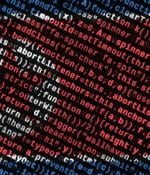
North Korea's Lazarus cybercrime gang is now breaking into chemical sector companies' networks to spy on them, according to Symantec's threat intel team. Fresh evidence has been found linking a recent espionage campaign against South Korean targets to file hashes, file names, and tools previously used by Lazarus, according to Symantec.

A U.S. court has sentenced former Ethereum developer Virgil Griffith to five years and three months in prison and pay a $100,000 fine for conspiring with North Korea to help use cryptocurrencies to circumvent sanctions imposed on the country. "There is no question North Korea poses a national security threat to our nation, and the regime has shown time and again it will stop at nothing to ignore our laws for its own benefit," U.S. Attorney Damian Williams said in a statement.
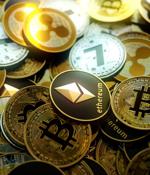
You may recall the late cryptocurrency trading hamster, Mr Goxx, who went viral during his brief and colourful life as a rodentine coinhodler. Sadly, given how this particular story ends, US cryptocurrency developer Virgil Griffith has provided another episode in the never-a-dull-moment world of cryptocurrencies.
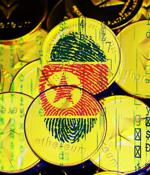
Virgil Griffith, a US cryptocurrency expert, was sentenced on Tuesday to 63 months in prison after pleading guilty to assisting the Democratic People's Republic of Korea with technical info on how to evade sanctions. Griffith, who worked as a special projects developer and research scientist for the Ethereum Foundation, was arrested in November 2019 by the FBI following a presentation in North Korea on how the country could use cryptocurrency and blockchain tech to launder money and evade sanctions.

North Korean hackers have been exploiting a zero-day in Chrome. The flaw, tracked as CVE-2022-0609, was exploited by two separate North Korean hacking groups.

Google on Thursday described how it apparently caught and thwarted North Korea's efforts to exploit a remote code execution vulnerability in Chrome. Exploiting the bug clears the way to compromise a victim's browser and potentially take over their computer to spy on them.

Thieves operating for the North Korean government made off with almost $400m in digicash last year in a concerted attack to steal and launder as much currency as they could. Bitcoin used to be a top target but Ether is now the most stolen currency, say the researchers, accounting for 58 per cent of the funds filched.
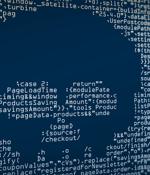
An ongoing malware distribution campaign targeting South Korea is disguising RATs as an adult game shared via webhards and torrents. The attackers are using easily obtainable malware such as njRAT and UDP RAT, wrap them in a package that appears like a game or other program, and then upload them on webhards.

A US citizen has admitted to helping the Democratic People's Republic of Korea to establish cryptocurrency capabilities and faces up to 20 years jail for his actions. The DoJ alleges Griffith and his co-conspirators "Provided instruction on how the DPRK could use blockchain and cryptocurrency technology to launder money and evade sanctions," and "How blockchain technology such as 'smart contracts' could be used to benefit the DPRK, including in nuclear weapons negotiations with the United States."
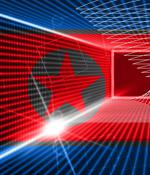
A US citizen has admitted to helping the Democratic People's Republic of Korea to establish cryptocurrency capabilities and faces up to 20 years jail for his actions. The Department of Justice on Monday revealed that Virgil Griffith, a US citizen resident in Singapore, hatched plans in 2018 to help an individual in the hermit kingdom mine cryptocurrency.